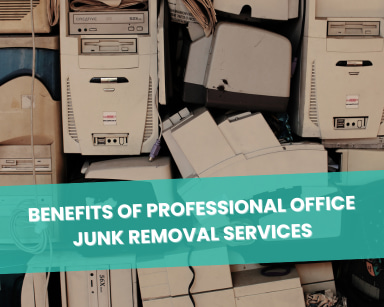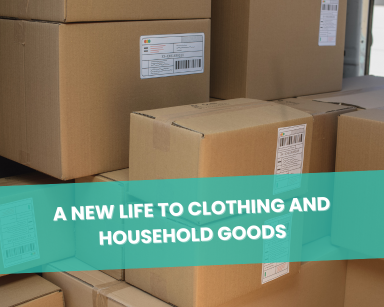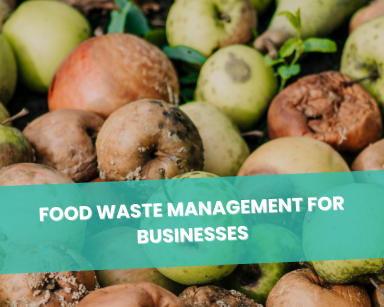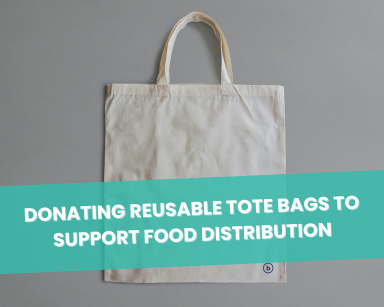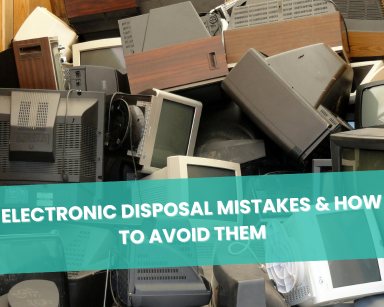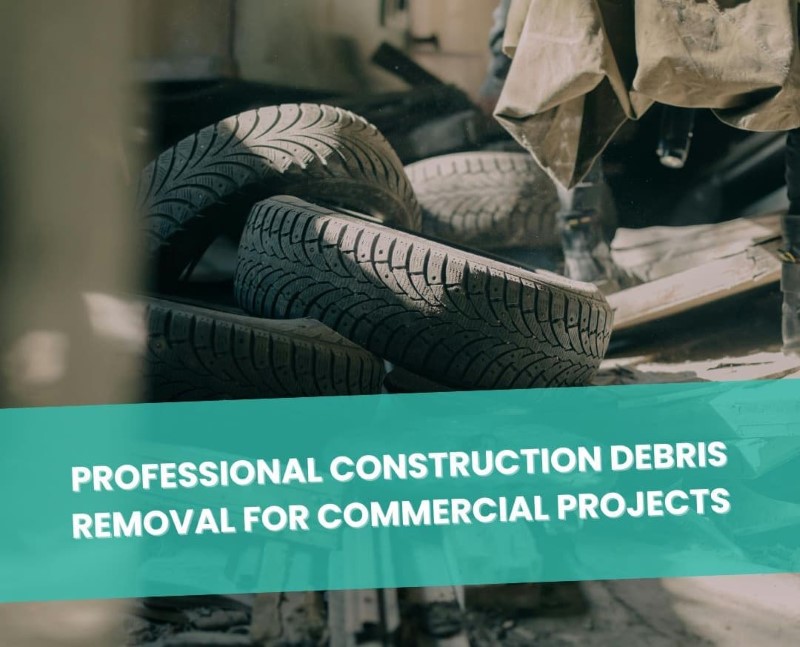Commercial Liquidation vs. Overstocking: How to Prevent Excess Inventory
Table of Contents
The Hidden Issue: Overstocking
Overstocking is the unintentional accumulation of excess inventory. It’s the silent business drain, creeping up and entangling businesses in its web. For many enterprises, especially e-commerce giants like Amazon, overstock inventory challenges can snowball into massive financial loss, storage inefficiencies, and a tarnished brand reputation. As businesses grapple with this issue, many turn to traditional methods like commercial liquidation, but this often only provides a temporary solution.
This leads to increased holding costs, storage problems, and potential depreciation in product value. That not only means lost profits, but it can cause higher expenses and waste. Because warehouses are limited in space, too much inventory leads to stock-outs of popular items and delayed orders from customers.
Inventory Challenge
Amazon, a behemoth in the e-commerce landscape, faces a unique inventory management challenge. The sheer volume of goods moving through its platform makes overstocking a prevalent concern.
- Pressure Points: Rapid sales predictions, changing consumer trends, and the ease of online returns exacerbate the issue.
- Hidden Costs: Beyond storage fees, Amazon’s sellers may face long-term storage fees, removal fees, or even disposal fees for stagnant stock.
The Scale of Overstock: Eye-Opening Numbers
Recent reports indicate that e-commerce platforms experience overstock issues, costing businesses billions annually. For instance, Amazon’s inventory management issues led to an estimated $1.4 billion loss in 2020 alone. Such statistics not only underline the importance of addressing overstocking but also highlight the potential savings waiting to be tapped into.
Traditional Overstock Liquidation Methods
When businesses, including Amazon sellers, grapple with surplus, they turn to traditional commercial liquidation methods. Liquidation companies purchase these undesirable items at reduced prices and resell them.
- Drawbacks: While it may seem like a quick fix, traditional commercial liquidation often recovers only 5-10% of product costs, has longer turnaround times, and comes attached with environmental concerns.
Introducing Beneficial Reuse: A Transformative Approach
Here’s where the paradigm shifts. Imagine taking those surplus products, those items destined for landfills, and repurposing them. This isn’t about recycling or incineration; it’s about beneficial reuse, a revolutionary solution offering myriad benefits over commercial liquidation.
- What It Is: Beneficial reuse breathes new life into items, diverting them from waste streams and giving them a renewed purpose.
- Operational Perks: This innovative method saves businesses up to 50% compared to traditional disposal, with tax credits reaching up to 17.5% of total donations.
Not All Returns are Created Equal: The Different Faces of Overstock
It’s a myth that overstock only consists of defective products. In fact, 75% of returned goods are perfectly functional, only facing issues like packaging damage. As the world’s leading e-commerce platform, Amazon grapples with tons of such returns daily. The challenge lies in discerning and segregating, making beneficial reuse a nuanced solution addressing various inventory shades.
The Environmental and Social Upside of Beneficial Reuse
Companies are no longer just profit-driven. Modern businesses recognize their role in fostering sustainability and supporting their communities.
- Environmental Edge: By championing beneficial reuse, businesses minimize waste, optimize resources, and drastically reduce their environmental footprint.
- Community Connect: Through this process, companies can donate surplus items to local charities and communities, paving the way for societal goodwill and improved brand reputation.
Amazon’s Challenge Turned Opportunity
Given Amazon’s overstock challenges, beneficial reuse emerges as a beacon of hope. It addresses the e-commerce giant’s unique inventory problems while presenting an opportunity to boost its sustainability credentials.
- Efficient Returns Management: Handling returns, especially for damaged goods, can be streamlined. Instead of processing and restocking, beneficial reuse finds these items a new home in needy communities.
- Positive Public Perception: By aligning with the ethos of beneficial reuse, Amazon can strengthen its public image, emphasizing social responsibility and sustainability.
Tailoring Beneficial Reuse for Your Business
Beneficial reuse isn’t a one-size-fits-all solution. It’s tailored to fit businesses of all scales, whether they are in retail, manufacturing, or even waste management.
- Efficient Distribution: Divert excess products effectively and methodically.
- Tax Breaks & Savings: The financial incentives are profound, from reduced operational costs to lucrative tax breaks.
- Boosted ESG Scores: Elevate your company’s Environmental, Social, and Governance metrics, vital in today’s conscious consumer landscape.
Charting a Future Free from Overstock Woes
To truly prevent overstock, businesses need more than just a reactive solution. Beneficial reuse can be incorporated into proactive business strategies.
- Accurate Forecasting: Implement advanced analytics to predict demand more accurately and reduce the chances of overstock.
- Supplier Collaboration: Foster strong relationships with suppliers, creating flexible contracts that can adapt to fluctuating demand.
- Inventory Agility: Investing in an agile inventory management system allows for real-time tracking and adjustments.
Closing Thoughts
Overstocking is more than just an inventory challenge; it’s an opportunity in disguise. By pivoting from traditional liquidation to beneficial reuse, businesses can turn a potential loss into tangible societal gain, all while fostering a sustainable, waste-minimized future. As we drive towards a world less reliant on the linear economy and more focused on a circular one, the call to embrace beneficial reuse becomes more resonant. It’s not just about business; it’s about building a better world for all.

